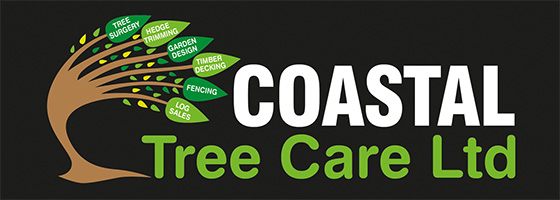The Summer Conference
The Ancient Tree Forum is the only UK organisation focused solely on the welfare of ancient and other veteran trees. They believe there should be no further avoidable loss of these trees through development pressure, agricultural clearance, mismanagement or poor practice. I was delighted to hear that this year’s summer conference was taking place just up the road, at Kingston Maurward. Bruce, Tremayne and I studied for our arboriculture diplomas at the college. We truly value continuous professional development at Coastal Tree Care, and these events are both informative and inspirational. Whilst books and online resources have their place, the discussions and friendly arguments on the field trips are simply amazing. Many of Europe’s foremost experts attended the event this week. It was fascinating to be able to share knowledge and experience of caring for our heritage trees.
What makes a tree ancient, or a veteran?
When a tree becomes very old for it’s species, it can be classed as ancient. Trees grow at very different rates, so ages can vary widely between species. Our longest-lived trees in the UK are Yews (Taxus baccata). A yew would be considered ancient once it had attained an age of around 800 years, but there are examples in the UK that are believed to be 3-4,000 thousand years old! Oak trees (Quercus robur) are also very long-lived, with a handful of trees believed to be around 1,000 years old. An oak might be considered ancient after around 450 years. Silver birch (Betula pendula), on the other hand, are relatively short-lived, so an ancient tree would be as ‘young’ as 150 years. Typically, ancient trees would have very wide, short trunks and would be hollow inside.
Ancient trees are incredibly valuable for their biodiversity of species they support. One ancient oak has more biodiversity than a thousand 100-year-old oaks. They’re irreplaceable for the fungi, deadwood, invertebrates and lichen they play host to. One of the images above is of a rare lichen, which tend to use ancient oaks or, more rarely, beech trees as their hosts. This was found on an oak tree at Minterne House in Dorset, during one of our field trips. Many of these organisms completely rely on ancient trees for the whole of their life cycles.
A tree is said to be a veteran when it has achieved the phase known as late-mature – perhaps a pensioner in human terms. In addition, trees can be described as having veteran characteristics when they are relatively young. These might include damage often associated with older trees, such as broken limbs or damage to bark. Woodpecker holes and fungal decay also provide veteran features, as would man-made damage such as a car impact.
Please help to support the Ancient Tree Forum
It really is a very small charity, but it manages to punch well above its weight! You can help too by donating a one-off amount, or making regular monthly payments by direct debit. The UK has the largest population of veteran and ancient trees in Europe – by far! Supporting the Ancient Tree Forum and their work in caring for ancient trees will help them pass on this unique heritage to future generations
Management advice
The Ancient Tree Forum is largely run by enthusiastic volunteers – they have just two salaried staff. The organisation relies on the goodwill of supporters, corporate sponsorship and funds raised from charitable donations. They work closely with other partner organisations such as the Arboricultural Association, the National Trust, The Woodland Trust and The Tree Council.
You can find advice online, or in some books dedicated to the management of veteran and ancient trees – or you can speak with us! Dale has attended specialist training courses run by the National Trust at Hatfield Forest, devoted to the care of ancient and veteran trees. He also attends regular field events with the Ancient Tree Forum – continually expanding our knowledge base. We have the training, the knowledge and experience of caring for these special trees. You can call Dale on 07530 686040 or 01305 771874 for a free initial consultation.

